‘Prayer as a way of life’ is the theme of this year’s Festival of Prayer on 22 July. In the first of a series of three articles exploring the festival theme, keynote speaker David Runcorn gives an enticing preview of the day.
21 May 2023
Beginning now: praying in uncertainty and perplexity
Each year English dictionaries publish a list of new words that have appeared in our language for the first time. That should not surprise us. As life faces us with new experiences and challenges, we will need new ways to express and understand it all. Last year one of the words was ‘permacrisis’. This is the experience of living in a world of constant uncertainty. It is linked to the word ‘doomscrolling’, which has also appeared in recent years – the demoralising experience of seeing bad news wherever you look on your phone, social media or on the news.
In such times it is not surprising to hear people speaking of tiredness, perplexity and feeling overwhelmed when sharing about their spiritual life and attempts to pray. This is not failure. We are just being honest. We are living through sustained, uncertain, stressful and demanding times.
So where do we turn to for the wisdom we need? There is no one answer, but the scriptures are central to Christian faith.
Over the past year, the first creation story in the Bible has become one such place for me. I have been learning to pray within it and alongside it. An overfamiliar story has been speaking in fresh ways – starting from the very first words.
‘An overfamiliar story has been speaking in fresh ways – starting from the very first words.’
‘In the beginning God created…’
These opening words always sound like a statement of a past action. A job done. But tucked in the footnotes of most of our Bibles is another way of translating that verse: ‘In the beginning when God began creating.’ Lost in the small print, it is never read aloud.
What would change if we did? At some point one translation was preferred in the main text. How might faith and praying change if Genesis started with the footnote option instead?
I started reading it that way. ‘When God began creating…’ Try it. There is suddenly an energy – here and now. A creating present. Don’t you sense it? It means that something that began back then is still at work. Everything that was in the beginning is still continuing. Beginning now. It always is. God is with us.
‘Something that began back then is still at work. Everything that was in the beginning is still continuing. Beginning now. It always is.’
How might that change the way you pray and what you pray for?
‘The world was without form and void’
What was in the beginning? ‘The world was without form and void’ (Genesis 1:2). The Hebrew phrase here, ‘tohu wa bohu’, is untranslatable. ‘Shapeless flux’ is one attempt. My favourite is ‘a soup of nothingness’ (The Message).
When cosmologists write of the origins of stars and planets they speak of soups of gases and particles in the beginning. God does not begin nowhere. God fashions us out of this formless waste.
‘God does not begin nowhere. God fashions us out of this formless waste.’
This ancient creation poem is thought to have found its final Bible voice during Israel’s exile in Babylon. God’s people were far from home. Their land, holy city, temple and faith reduced to ‘tohu’. Shapeless rubble. Even their God had apparently been defeated by foreign gods. They were trying to pray in a strange land and language (Psalm 137).
Does this sound at all familiar? In recent years much of the familiar shape, content and securities of life have been shaken – for many, lost completely. The message is that God does his creating working with what is ‘tohu wa bohu’. He still does.
In this unfolding creation story chaos takes order and form. Emptiness finds substance. ‘Nothing’ finds meaning. What is untranslatable finds halting words and expression. God needs no other material to do the work he loves most. This is very good news!
‘In recent years much of the familiar shape, content and securities of life have been shaken – for many, lost completely.’
‘And a wind from God swept over the face of the deep’
The most familiar translations have the Spirit hovering and brooding. But the sheltering, maternal image this evokes is not what is described here. The mood is altogether wilder. The world of quantum physics borrows words like ‘shaking’, ‘bending’, ‘rippling’ and ‘jittering’ to express the energy and movement at the core of matter. The same mix of hovering and wildness combines in Deuteronomy 32, where God’s care of his exodus people is imaged as an eagle with her young in a howling wilderness waste:
‘As an eagle stirs up its nest, and hovers over its young… it spreads its wings, takes them up, and bears them aloft on its pinions.’
Deuteronomy 32:10–11
Why is the parent bird stirring up the nest? To make it uninhabitable! To force their young to take flight. To tip them into the life that is theirs to be.
So here we are in the wild. All is vibrating and trembling on the winds. Wings are outstretched to overshadow, protect and uplift. There is a deep stirring. Something is about to happen.
‘Let there be’
These are God’s first words as a world is about to come to being. How do we imagine God speaking over a world today like ours? What is he willing that we may become? What is he calling into being in new ways? Can we imagine the tone of his voice, his mood and heart?
What tone of voice do you hear God speaking in? The declarations of an absolute authority? Effortless power effecting a preordained plan? Or is God wondering aloud what to create next? Is this the divine imagination playfully improvising (cf Proverbs 8:30–31)?
All things are possible, for as the priest and scientist John Polkinghorne suggests: ‘Creation has more the appearance of an improvisation than the performance of a predetermined script’.
‘How do we imagine God speaking over our world today like ours? What is he willing that we may become? What is he calling into being in new ways?’
Day by day
The account of creation unfolds on a firm, liturgical cycle. Perhaps it was a song?
Let there be
and there was
and it was good
and there was evening and morning
A first day.
Imagine this cathartic song, slowly taking hold of the exhausted imaginations of exiles in a far country. It subverts the despair and hopelessness. Out of the tohu of loss a subversive faith is steadily rekindled. Hope is awakening. New meanings – tentative and vulnerable – becoming possible. There is no way back, but, quite improbably, there is a future in all this. We must let it take hold of us too. It is beginning now – shaped in the playful, imaginative wisdom of God.
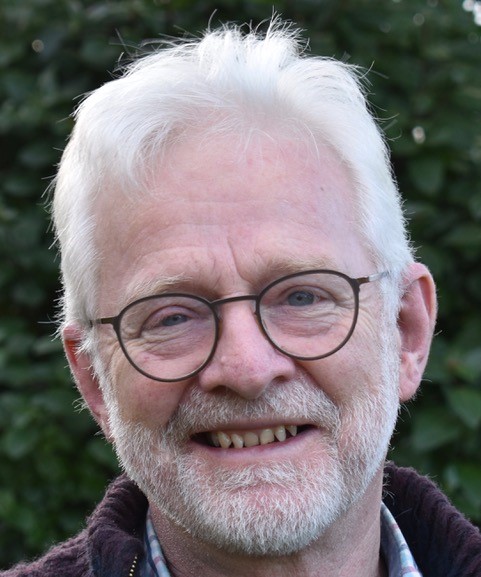
David Runcorn is, or has been, a parish priest, theological teacher, freelance speaker, ministry trainer and a director of ordinands. He is the author of a number of books, a conference speaker, retreat leader and spiritual director. He calls himself a ‘free-range priest’. You can meet him at davidruncorn.com
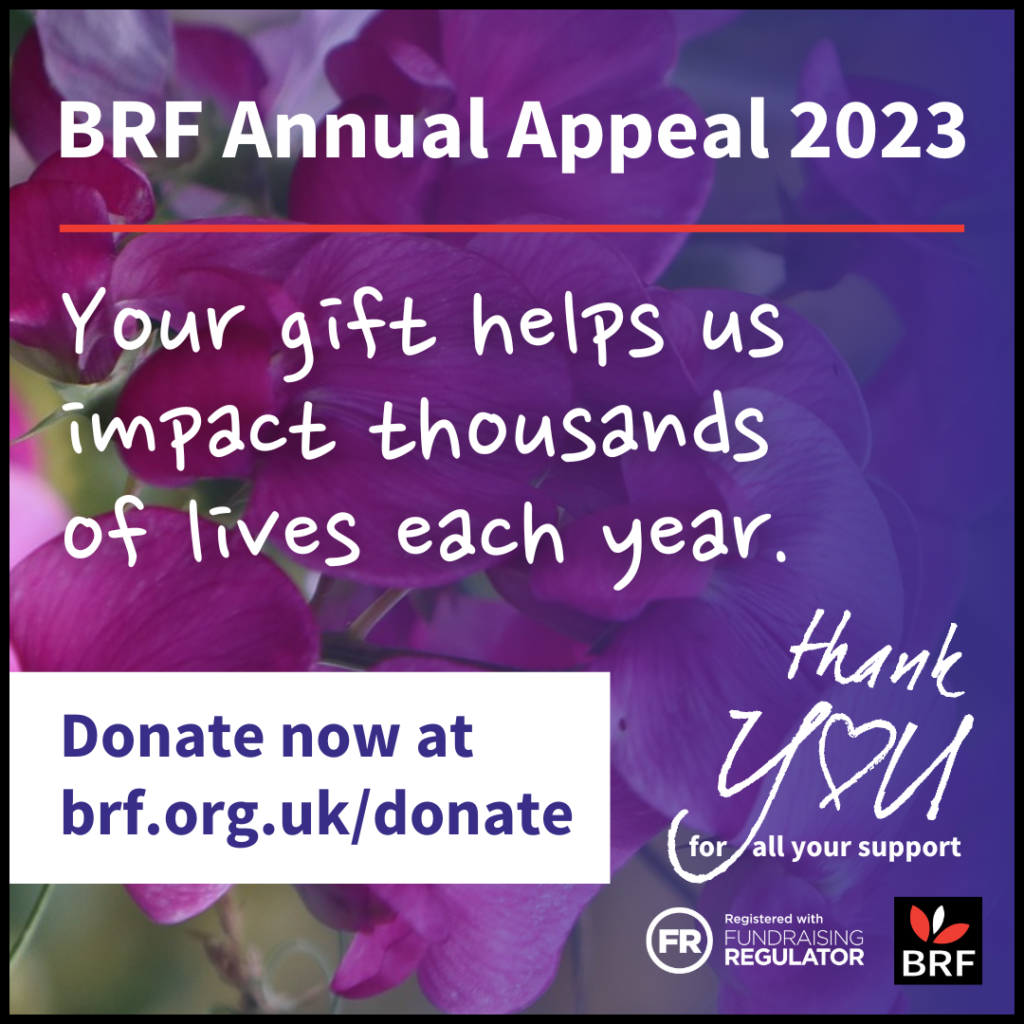
BRF needs you!
Our annual appeal for 2023 has now landed on doormats all around the UK. We’re asking for your support to help us to continue our vital work. BRF is reliant upon fundraising and gifts in wills and every donation of any size will help us to make a huge difference and means we can deliver our mission of inspiring people of all ages to grow in faith.
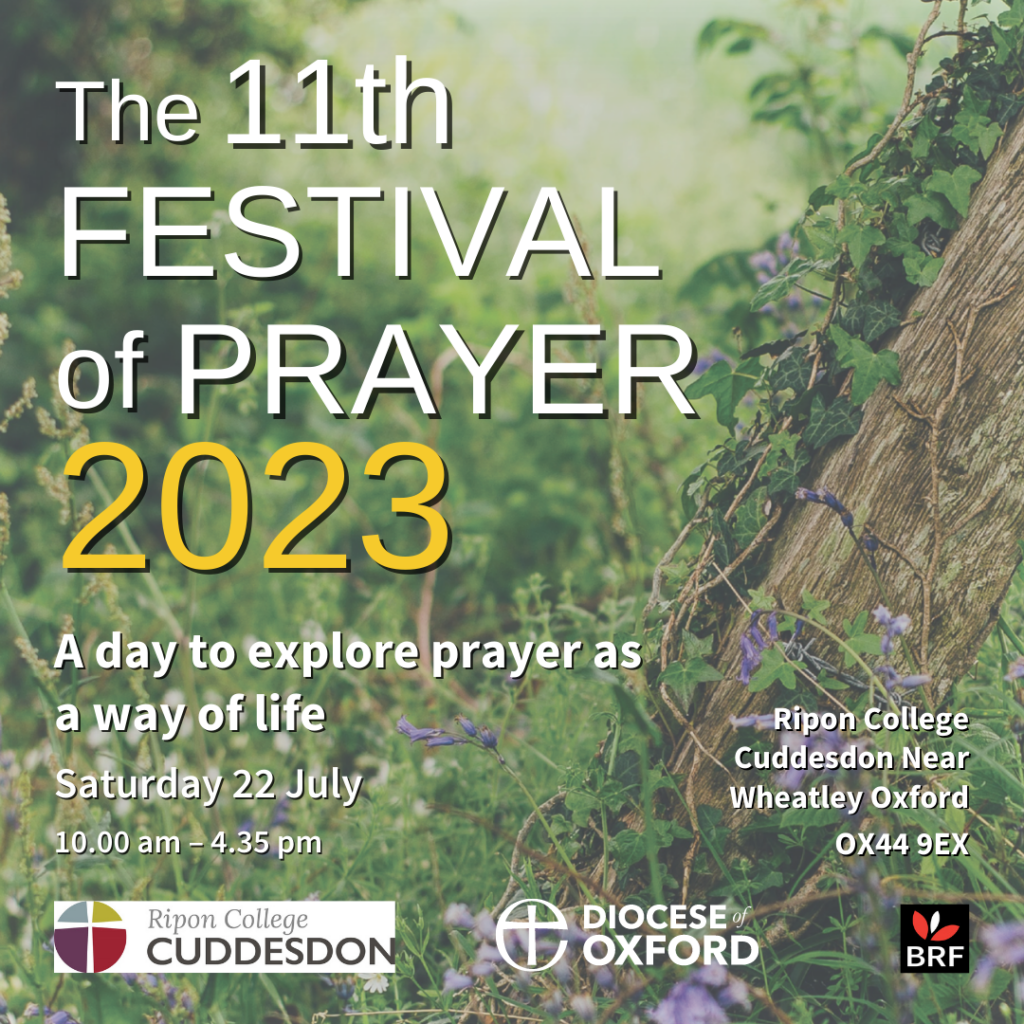
We are delighted that David Runcorn is the keynote speaker for our 11th Festival of Prayer, organised in collaboration with the diocese of Oxford.
In addition to David’s opening keynote talk, delegates have a choice of attending three further workshops, enjoying the peaceful college grounds and exploring the labyrinth. There are over 20 to choose from, ranging from creative prayer ideas with Martyn Payne to the poetry and prayer of R.S. Thomas with Sarah Brush. This year’s programme also includes Celtic prayer, Carmelite spirituality, the English spiritual tradition and experiencing God in nature.
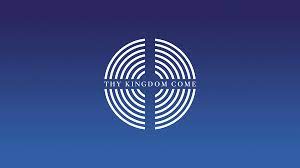
Thy Kingdom Come
Thy Kingdom Come is a global prayer initiative, now in its eighth year. The need across the world for the transforming power and mercy of God is more stark than ever. At the heart of Thy Kingdom Come lies the question ‘How can we partner with God, in prayer and mission, to see more people encounter the love of Christ this year?’
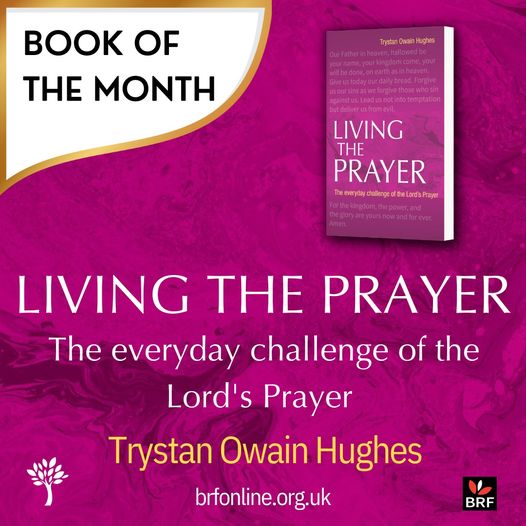
We have a wide range of resources to help you participate in this year’s project, including our book of the month Living the Prayer.
Other titles you might like to explore include:
